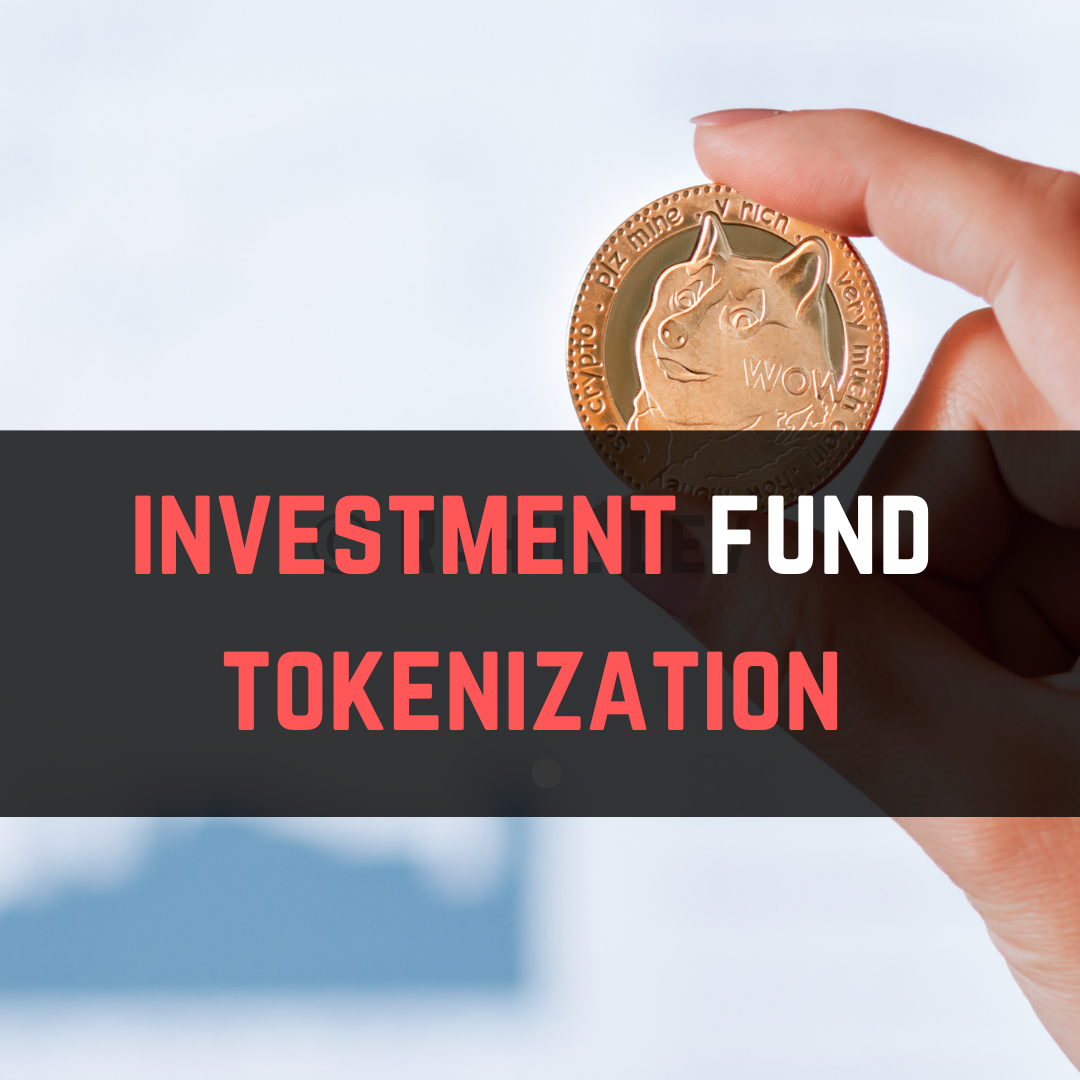
Blockchain technology presents exciting investment opportunities to investors for Digital Assets and Cryptocurrencies. The Blockchain Ecosystem in Asia is growing rapidly owing to significant contributions by technology leaders, government authorities, crypto entrepreneurs, hedge funds, institutional investors, family offices, and asset allocators. Innovators in blockchain sector progressively work on cutting edge products and services that result in intangible assets, which may be eligible for patent protection to create a blockchain patent portfolio. In Singapore, the government has recently invested $8.9M to support blockchain research and development activities. The blockchain industry in Hong Kong is also bringing rapid transformation to the market, thereby setting the tone for global business growth.

Today, Blockchain technology is used for cryptocurrencies and, its distributed ledger system enables the remittance of cryptocurrencies all over the world. Since these do not depend on intermediaries like banks, this technology is considerably faster and cheaper as compared to traditional inter-bank communications. The parties do not have to disclose private data except for their distinct alphanumerical public codes. The numerous autonomous nodes in the Blockchain strategy guarantees a self-sustaining setting for digital assets and revoke interference from the administration as they often lead to depreciation of the currency. Against this setting, it is considered essential for Blockchain law to be formulated in Asia Pacific, including jurisdictions like Singapore, Hong Kong, Malaysia, Thailand and India. The need of the hour is a framework to regulate the movement concerning cryptocurrencies, particularly, issuance of cryptocurrencies and adoption of cryptocurrency exchange, for the general investing public.
Blockchain has been incorporated in various non-financial areas in Malaysia. For instance, the Sustainable Energy Development Authority (SEDA) of Malaysia exercises Blockchain technology and initiated a pilot system for peer-to-peer (P2P) energy trading that began in November 2019 and lasted for 8mos. P2P energy trading ensues when a Solar Photovoltaic Producer or prosumer, trades additional solar electricity on an energy trading outlet to other customers. This energy exchange is one of the policies scrutinized under the Renewable Energy Transition Roadmap 2035 that intends to fulfill the government’s objective of 20% renewable energy in the federal power mix by 2025 as it will motivate more individuals to induct solar panels on their rooftops. Apart from this, Blockchain has also been employed in asset tagging systems. The International Islamic University Malaysia was the primary institute in Malaysia to label a QR code that connects to a Blockchain on educational certificates. By doing so, their authentication can be executed by simply scanning the QR code. This easy system has the potential to streamline verification procedures and prevent the evolution of the black market for academic certificates.
Within Asia, Blockchain startups in Malaysia are poised for incremental growth and hence, the supporting laws with regulations are much needed. The Capital Markets and Services (Prescription of Securities) (Digital Currency and Digital Token) Order 2019 (POS Order) that can into force from January 2019 broadens the domain of “SECURITIES” as interpreted under the Capital Markets and Services Act 2007 (“CMSA”). Now it includes digital currencies and digital tokens. This development meant that any allocation of Blockchain-based digital currencies or tokens which are not administered or warranted by any government institution or central bank and adopts the prescribed standards, have to obtain clearance from the Securities Commission of Malaysia (SC). Digital assets that exhibit the following measures are deemed as securities:
(a) For Digital Currency: An asset is considered as Digital Currency when it is utilized for the purchase of goods, services, or other digital investments and is exchanged on a digital asset platform. Here, the individual who exchanges this currency on the platform must be anticipating a benefit from a return or appreciation in the merit of the currency.
(b) For Digital Token: Since they are allocated via an ICO, a token is categorized as a security if it represents a right or interest of an individual in any agreement rendered to provide means to the individual. Investors pay monies in exchange for the token obtained. These monies are combined and supervised by the issuer and investors who buy the token anticipate a return or appreciation from their investment. The returns to investors are obtained from either the purchase or trade of assets of the issuer or from any business actions executed by the issuer.
Hence, in the context of the POS Order, a digital currency is granted solely as a standard of payment for goods and services which are not connected to the platform operating the digital currency. This currency is exchangeable with any currency either fiat or other digital currencies. Notably, exclusively digital currencies that are traded on digital asset platforms are captured in the description of digital currency under the POS Order. On the other hand, digital tokens give investors something more than a way of payment like access to a specific commodity or platform employing the digital token. These classifications add to the overpowering terminologies in cryptocurrencies including coin, token, security token, and utility token. Yet, these digital assets share a resemblance, as they run on distributed ledger technology and persuades people to invest and partake in the cryptocurrency boom. The SC declared that considering the POS Order, no individual can execute an ICO without initial approval of the SC and the guidelines for ICOs were published by the end of 2019. According to the CMSA, any individual who provides, offers for the purchase or allocate a proposal to subscribe for or buy unlisted capital market commodities and lacks to obtain approval from the SC perpetrates an offense and will on conviction, be penalized with detention for a term not surpassing 10yrs and a fine not surpassing RM3,000,000.
Under the POS Order, cryptocurrency trades are technically identified as stock markets as per the CMSA. The CMSA characterizes the “Stock Market” as a market, place, or facility through which proposals to trade, purchase, or exchange securities are regularly generated or approved. The legislation of the POS Order thus prohibits the institution and operation of a cryptocurrency exchange in Malaysia. This is because the CMSA restricts the conduct of a stock market other than a stock market of a stock trade or an accepted market. Nearly 15dys after the execution of the POS Order, the SC then modified the Guidelines for recognized markets to include digital assets commerce (being electronic settings that promote the exchange of digital currency and digital token) as a well-known market. With that, any individual wanting to regulate cryptocurrency exchange must be recorded with the SC as a recognized market operator and must fulfill multiple standards. They must be locally incorporated and possess a minimum paid-up capital of RM5 million. Where a cryptocurrency exchange operator is a public business, one member of the board must be an autonomous director and must set protocols to govern any conflict of interest. It is deterred from providing direct or indirect economic assistance to investors, incorporating its officers and employees, to finance or transact in digital assets on its platform. They must guarantee a high level of security and operational dependence.
Thus, market operators must retain a business continuity strategy that deals with circumstances presenting a considerable risk of disrupting policies, including events that can result in a wide-scale disruption. An internal audit must be established to formulate and conserve a reasonable internal audit framework that commensurate with its undertakings. Further, they must receive permission from the SC before trading in digital assets. They must establish rules and guidelines for the trading, clearing, and concession of digital assets on the program, and guarantee that all revelations are fair, clear, and not deceptive so that investors have a true understanding of the related risks. By only allowing investors to finance or trade-in digital assets hosted on its program using Ringgit Malaysia or a foreign currency which is acknowledged as legal tender, subject to Bank Negara Malaysia (BNM), it helps preserve an up-to-date record of investors. Market operators guarantee that investor’s monies and digital assets are appropriately protected from conversion or illegal usage by other individuals. They can organize trust accounts in a licensed Malaysian economic institution to stock monies earned from investors and maintain a protected repository to conserve digital assets.
Lastly, apart from the Blockchain legislation in Malaysia, BNM has similarly imposed regulation on cryptocurrency trades in Malaysia. These exchanges have to be registered as a reporting establishment as per the Anti-Money Laundering, Anti-Terrorism Financing, and Proceeds of Unlawful Activities Act of 2001. BNM granted the “Anti-Money Laundering and Counter Financing of Terrorism (AML/CFT) – Digital Currencies (Sector 6)” policy report in 2018 that governs this sector and categorically stipulates the detailed prerequisites inflicted on such reporting establishments which includes the responsibility of submitting testimony for its enterprise to BNM.
Besides designating digital assets as securities for the intention of establishing securities law and publishing guidelines regulating Initial Coin Offerings, there are additional matters that must be taken into concern altogether. For instance, the procedure of digital assets for taxation in Malaysia. The existing tax regime in Malaysia does not have a distinct authority to handle e-commerce or digital industries. Presently, there is no capital gains charge in Malaysia for the exchange of investments or capital assets, other than those about territory and buildings, thus digital assets that are carried for a long term investment by an enterprise are arguably not liable for paying any tax. Businesses must however be cautious that revenue derived from periodic trading of digital assets may be susceptible to income tax. Yet, what we can be sure about is that digital asset trades are prone to corporate income tax like any other industry in Malaysia.
Understanding the necessity to rehabilitate the Malaysian tax strategy, a Tax Reform Committee was established in September 2018 by the Ministry of Finance under Malaysia’s earlier administration. Among the fundamental goals of this committee are to decrease the prevailing tax gap, deal with tax leakage, investigate new streams of revenue, survey the tax of the digital economy and evaluate the efficacy of different tax incentives as delivered by the law. As of April 2020, the committee is still to approve any reforms concerning digital economy taxation.
The introduction of a regulatory system organizing digital assets has obtained a favorable reaction from market players who see this as a large step in the direction of bringing digital assets into the mainstream. Despite this, monetary planners in the country are not hurrying to advise their clients to finance digital assets because a promising understanding of digital assets is necessary before installing them into one’s portfolio. The existing system is a starting point to provide legal validity and better safety to investors in digital assets. Additional examination is needed in the second half of 2020 when the Guidelines on Digital Assets are put into force. From the discussions above, it is visible that a lot of work is still required to empower a more comprehensive regulatory framework concerning digital assets. Investors in Malaysia have the capability of benefitting if the regulators prescribe the standards for digital assets that will not be operated under Malaysian’s securities law and whether such assets will be entirely unregulated or be liable to other law. One cannot foresee the strategy that regulators will accept but many believe that alliance and communication amongst regulators and the commerce are crucial in cultivating a framework that properly governs the threat that digital assets include and at the same time favors the growth of a digital economy.
As for Blockchain, there are no indications that Malaysia will go on to certify technology providers. The sole law that deals with the technology, indirectly, is the Income Tax (Exemption) Order 2018. Thus, it is contemplated that this incentive will nourish a more facilitative setting for entrepreneurs to investigate the prospect of Blockchain, particularly in the non-financial sectors. Eventually, understanding technology and its application are essential before legislating that technology, only then will laws be able to safely facilitate innovation.
Read About Patent FIling Guide



